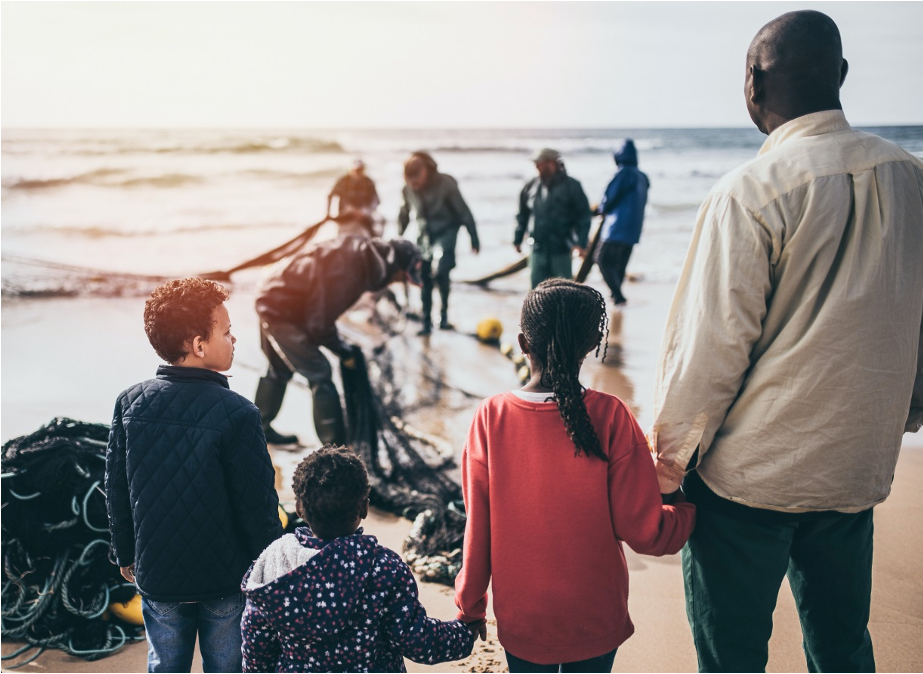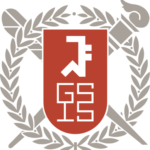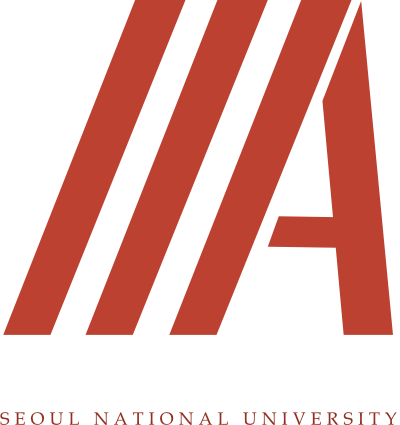난민 정책: 양보다 질이 먼저다
난민 정책: 양보다 질이 먼저다
난민 정책: 양보다 질이 먼저다
작성자:
김호원 (서울대학교 국제대학원 석사과정, CTMS 연구인턴)
The 2018 Jeju Yemenis refugee crisis was one of the critical moments that the ordinary South Koreans experienced in the past few decades. Many Koreans were able to realize that the refugee crisis was not only a phenomenon at the opposite side of the globe, but it was also happening at their own front yard. According to the South Korean Ministry of Justice’s immigration statistics office, the number of refugee applicants in 2018 was 16,173 and it was the highest number since the refugee recognition procedure began on April 14, 1994. Compared to 9,942 refugee applicants in 2017, the number of refugee applicants increased 62.7%, which were 6,231 people.[i]

In response to the sudden social changes, many South Koreans were concerned for the influx of refugee applicants. According to “Refugee perception changes of South Koreans by United Nations High Commissioner for Refugees (UNHCR)” conducted by both the UNHCR and Hankook Research in 2018 after the Yemenis refugee crisis, the 53% of the respondents were against accepting refugees; whereas, the other 33% were not against it.[ii] This public perception toward the refugees was manifested itself in the form of refugee acceptance rate. In 2020, there have been 6,684 refugee applications; however, only 52 asylum seekers were granted refugee status, which was only 0.4%.[iii]
Nevertheless, I am not criticizing the South Korean government for the refugee acceptance rate. I recognize the geographical characteristics of South Korea; it is one of the most densely populated countries in the world. There are about 529.19 people per square km in South Korea when the world average is only 58.42 people per square km.[iv] Furthermore, South Korea is one of the relatively smallest states in the world.[v] South Korea is placed in 102th place out of 192 countries in terms of country size. Additionally, South Korea embraces average of more than 1,000 North Korean defectors on a yearly basis.[vi] Therefore, the South Korean government may not be able to increase the numbers of the refugees due to aforementioned circumstances. However, perhaps due to the public attentions to the numbers, the quality of refugee service is overlooked. Specifically, the execution of the refugee law is inappropriately carried out by the South Korean government.
There have been discrepancies between the refugee law and what was actually happening at the field. According to the book ‘Concept of Refugee and the Recognition procedure’, most of the asylum seekers couldn’t get legal services from the South Korean government, even though some of the asylum seekers had received some legal supports from the non-governmental organization (NGO) lawyers.[vii] Furthermore, even though asylum seekers were eligible for free interpretation services, English and French translations were not given due to the lack of budget. The minor language interpretations were not given properly as well.[viii] In the case of education, the principles of the middle schools or higher solely have discretion to accept or refuse the asylum-seeking students.
Additionally, even though the Ministry of Justice have social integration program called Korea Immigration and Integration Program (KIIP) where refugees and asylum seekers are supposed to participate and learn about South Korean culture and the language in order to assimilate into the society; out of 15 university language institutes that participate in KIPP program, only 4 institutions responded that there were only a few refugee students; whereas, many other institutions answered that they did not have a record and had not seen any refugee students.
Most of the admission officials at these institutions replied that students registered in the program were mostly consisted of marriage migrants, international students, and foreign-born Koreans. One of the language institute even argued that the program was not intended for refugee students. Additionally, asylum seekers are eligible for medical services such as hospitalization up to 5,000,000 Korean won in maximum of 64 assigned hospitals throughout South Korea;[ix] however, due to language barrier, cultural differences, and lack of money, the feasibility for medical service seem unrealistic.

South Korea is a member of Organization for Economic Co-operation and Development (OECD) and is one of the highly developed countries in the world. With the sovereign rights of states, South Korea not only recognized the right to seek refugee under international laws, but it also voluntarily legislated refugee laws and statues. Even though arbitrary and inadequate refugee services to refugees and asylum-seekers are still better than no refugee services at all, it is the South Korean government’s duty and responsibility to increase the quality of refugee services rather than focusing too much on the numbers and debasing the overall qualities of refugee services in response. South Korea has sufficient human resources, capitals, and infrastructures to provide indispensable and fundamental refugee services that refugees and asylum seekers in South Korea deserve. It is imperative for the South Korean government to execute the refugee law properly.
Footnotes
[i] The Ministry of Justice, Korea Immigration Service, “Refugee Application and current status in 2018”
[ii] UNHCR, “Small but positive progress seen in S. Koreans’ perception towards refugees: UNHCR survey,” UNHCR Press Release, August 1, 2020.
[iii] Nancen Refugee Rights Center, “[Statistics] refugee status in South Korea (as of 2020).”
[iv] The World Bank “Population density (people per sq.km of land area) – Korea, Rep., World”
[v] NationMaster, “Geography > Land area > Square miles: countries Compared”
[vi] The Ministry of Unification, “The current status of North Korean defectors entrance to South Korea”
[vii] Chung, I.S, Hwang, P.K. (2011). “Refugee perception and procedure” Kyungin Publishing, 13
[viii] Nancen Refugee Rights Center, “Inadequate translation service for refugees is the ‘curse of the Tower Babel’”, 2012.05.09.
[ix] Chung, I.S, Hwang, P.K. (2011). “Refugee perception and procedure” Kyungin Publishing, 7-17.






